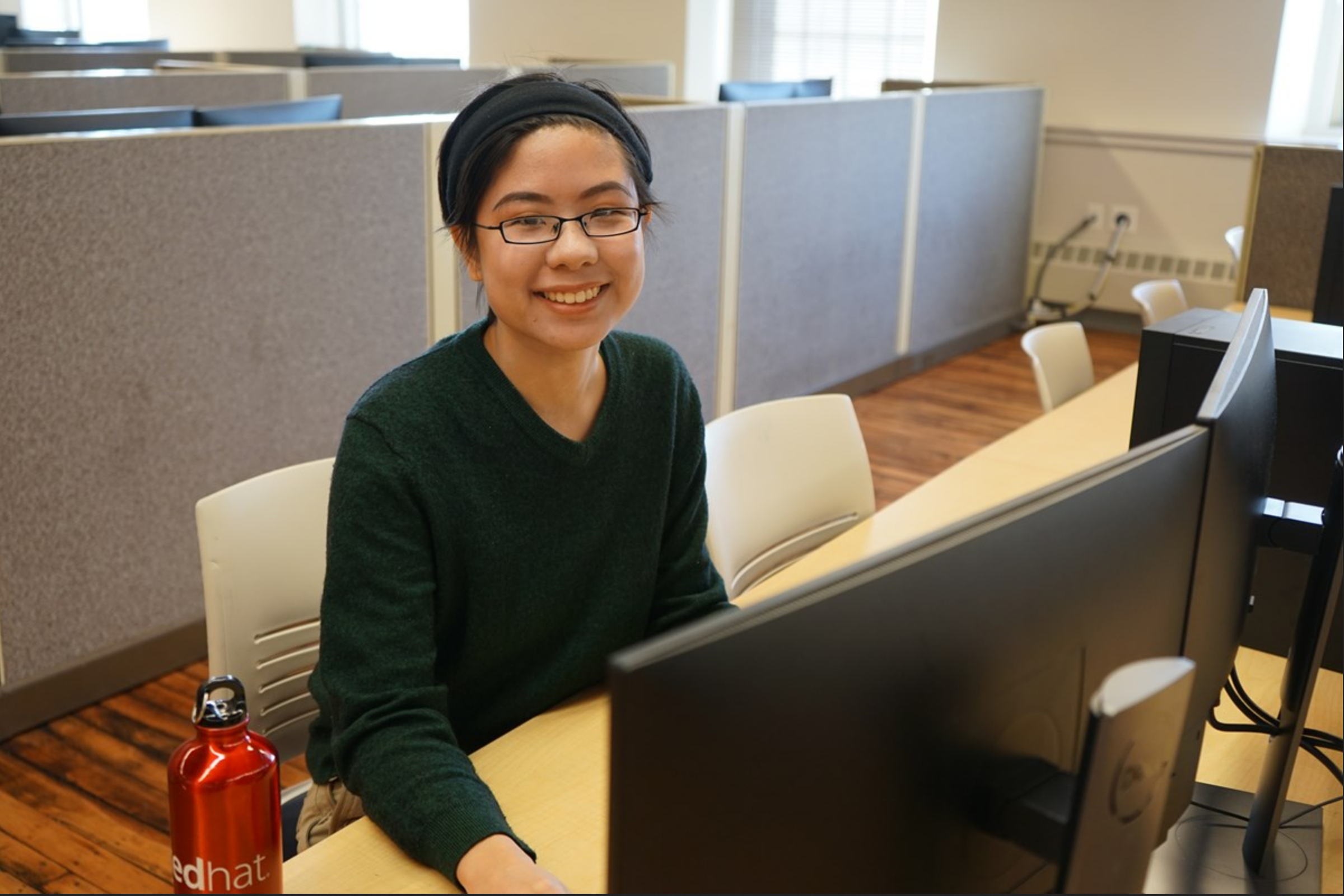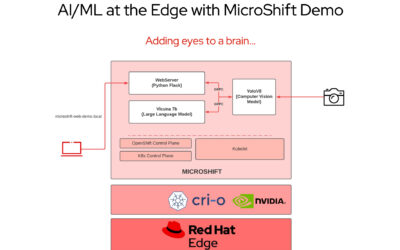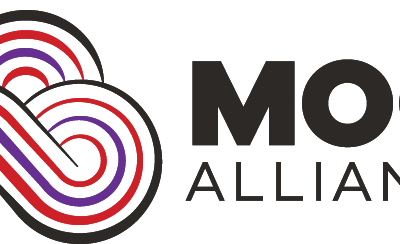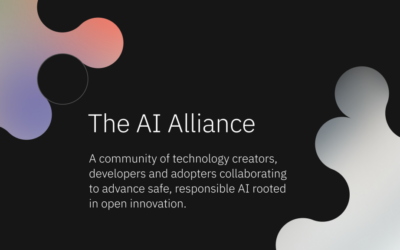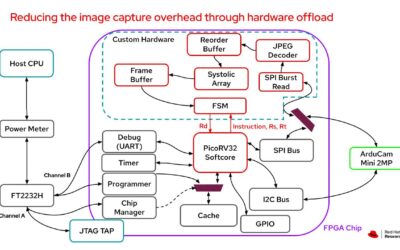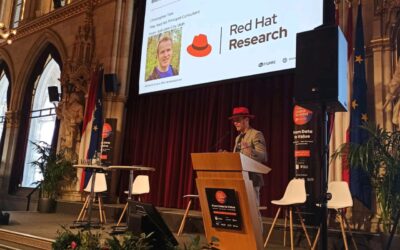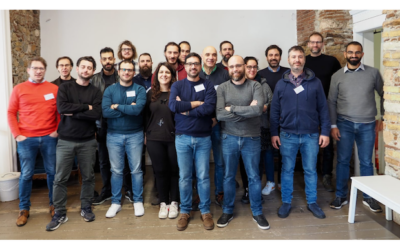This blue security team of UMass Lowell students in the Northeast Collegiate Cyber Defense League (NCCDL) also has a tinge of red, thanks to their involvement with Red Hat co-op, internship and sponsored research activities with the University of Massachusetts Lowell. This year, UMass Lowell fielded their first-ever cyber league team, who made it through practice, qualifiers and an early scrimmage to participate in the regional games on March 21, 2020. The competition, which is run completely by volunteer computer professionals, has happened every year since 2008 at different member universities. This year, the coronavirus pandemic forced organizers to hold the competition as a one-day virtual event instead of a 2-day live competition at the University of Maine, and the team had to find a way to work together from each of their own homes.
Four of the eight students on the UMass Lowell team are involved in Red Hat Research programs. Fabrizio D’Angelo, the team captain, and Christopher Odom are incoming summer interns, who also contribute to a student research project at UMass Lowell that’s improving Fedora builds for IoT systems. Joel Savitz, a co-op student in the kernel engineering group and IoT project member, and Grace Chin, a co-op student in the RHEL storage group contributed their linux experience to the team, which also included four other CS students.
The students, who originally started a Cybersecurity Club pursuing projects in their free time, got a big assist when UMass Lowell opened their Cyber Range on November 1, 2019. Tim Burke, Red Hat VP of Infrastructure Engineering said at the Cyber Range opening that “…the power of open source community development fosters collaboration where the best and brightest ideas win, and where teams of people can build solutions far superior to any one company. The Cyber Range gives students a chance to build and understand open source security software themselves from the ground up.” These students took advantage of that opportunity, practicing security attacks and defenses for several hours every week with the hands-on compute, storage and network equipment and software available in the Cyber Range. They also found a great faculty mentor there in CS Assistant Professor Sashank Narain, whose research interests focus on user privacy, mobile security, IoT security and cyber-physical systems security. Some of the students also signed up for an undergraduate class on security topics offered for the first time in the Cyber Range during this spring semester.
Grace Chin’s Red Hat co-op mentor Dennis Keefe also got interested in the competition when Grace mentioned she was thinking about joining the team, and that they could use more network expertise. Dennis and Grace spent a few sessions “talking about networking terms, technology, software, services, monitoring, and threats….and going over information about the different kinds of software and services Linux provides,” said Dennis. Grace summed up the experience saying “For me, someone who is very new to cybersecurity, it’s a lot to learn. Every practice feels like drinking from a fire hose. It’s a really good life lesson, because I’m learning more about teamwork, communication and time management.”
In order to compete in the regionals, each team had to make it through a 4-hour initial security competition. Out of 23 teams, only 10 teams, including UMass Lowell, qualified for the regionals. Team captain Fabrizio said even the qualifier was brutal, and the team realized they would have to work even harder in scrimmages to prepare for regionals. “What they are trying to emulate is what it’s like to be a sys admin managing services for an enterprise. They try to pack in everything you could possibly face into two days,” said Fabrizio. Professional red team members set up the cyber environment with a huge variety of security issues, and continuously attack blue team resources. Meanwhile, a white team acting as the CEO office, assigns the student blue team tasks like building a VPN service or migrating the environment to IPv6. Teams must get all the assigned tasks completed, and write a report about them before time runs out in order to get credit for the tasks. “So you are patching, defending and implementing services all at the same time. They can dump six new tasks on you in an hour, so part of the strategy is deciding what to do when,” according to Fabrizio.
Because this was UMass Lowell’s first year competing, they knew they might be at a disadvantage. COVID-19 made competing even harder, when UMass Lowell shut down on-campus classes and asked most students to move out right before the competition. At first, the NECCDL expected to cancel regionals, but in a late change, they decided to hold a one-day virtual competition instead. Because some students were still moving or dealing with other pandemic issues, Fabrizio said “We only had five out of our eight team members still able to attend, so it was more about just giving it a shot since we put in all the work to get there…It was still a great experience.”
